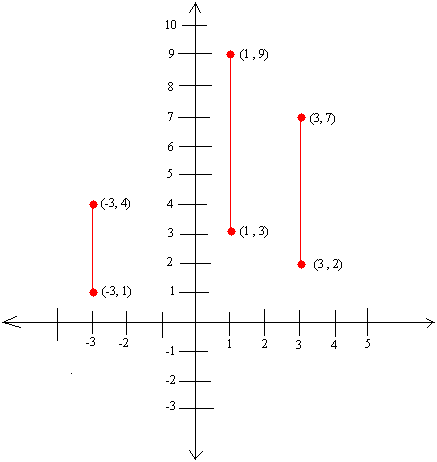
# SELECT MIN("people"."birth_date") FROM "people"Īdditionally, it's possible to group elements by a given column and fold these elements with those folding functions, thus performing GROUP_BY queries: oup(:last_name).count # SELECT MAX("people"."birth_date") FROM "people" # SELECT AVG("people"."birth_date") FROM "people" There are several functions that allow folding a query result into certain values, such as #count, #maximum, #minimum and #average: unt # => 500 It's possible to use #order to sort the results is ascending or decending order: (last_name: "Swift") It's possible to get the records not matching a certain condition by using #not together with #where: (first_name: "Peter").to_sql Or we may provide our own custom limit by chaining #limit to our #where queries: Person.where(first_name: "Peter").limit(10).to_sql When we are searching just for a specific row we may use #find_by instead, which stops searching once it finds the first match by using LIMIT 1 Person.find_by(first_name: "Peter").to_sql

# WHERE ("people"."first_name" IN ('Peter', 'John') are_swifts = Person.where(last_name: "Swift") If otherwise we wish to compose our predicates with an OR we may use #or. We can either provide #where an hash with several keywords or we can chain several invocations of #where: Person.where(first_name: , It's possible to constraint our queries to several simultaneous predicates. Person.where(birth_date: (10.years.ago.)) Which now with Rails 6 can simply be written like: # and for objects, we can use infinity on the ranges # SELECT "people".* FROM "people" WHERE "people"."birth_date" >= '' Person.where(birth_date: (10.::Infinity.new)) You can also have endless ranges: # and for objects, we can use infinity on the ranges # SELECT "people".* FROM "people" WHERE "people"."birth_date" Person.where(first_name: )Īdditionally to arrays, ranges are also accepted as value predicates: Person.where(birth_date: (10.years.ago.5.days.ago))

# WHERE "people"."first_name" IN ('Peter', 'John') That will generate queries that use the IN SQL keyword: Person.where(first_name: ).to_sql We may also use arrays of desirable values instead of single values. # We can print our queries by using #to_sql We use the following domain model in our examples:


I'll start by defining a domain model against which I will run my queries: Our Domain Model
#Rails find by undefined method map update
Also, what I'm presenting below is based on the most recent Rails update (Rails 6). This is not meant to be a comprehensive guide, but rather a set of tools that I've been finding useful in my everyday's work.
#Rails find by undefined method map how to
In this article I will provide some simple examples of how to extract information from a database. Its ORM -Īctive Record - now offers a very mature interface - striking the right balance between conciseness and power. There are several features making Ruby on Rails attractive, though where it really shines is when it comes to getting information from relational databases. This post was originally posted in July 2018 by Pedro Rolo and updated in June 2020 by Tiago Madeira.


 0 kommentar(er)
0 kommentar(er)
